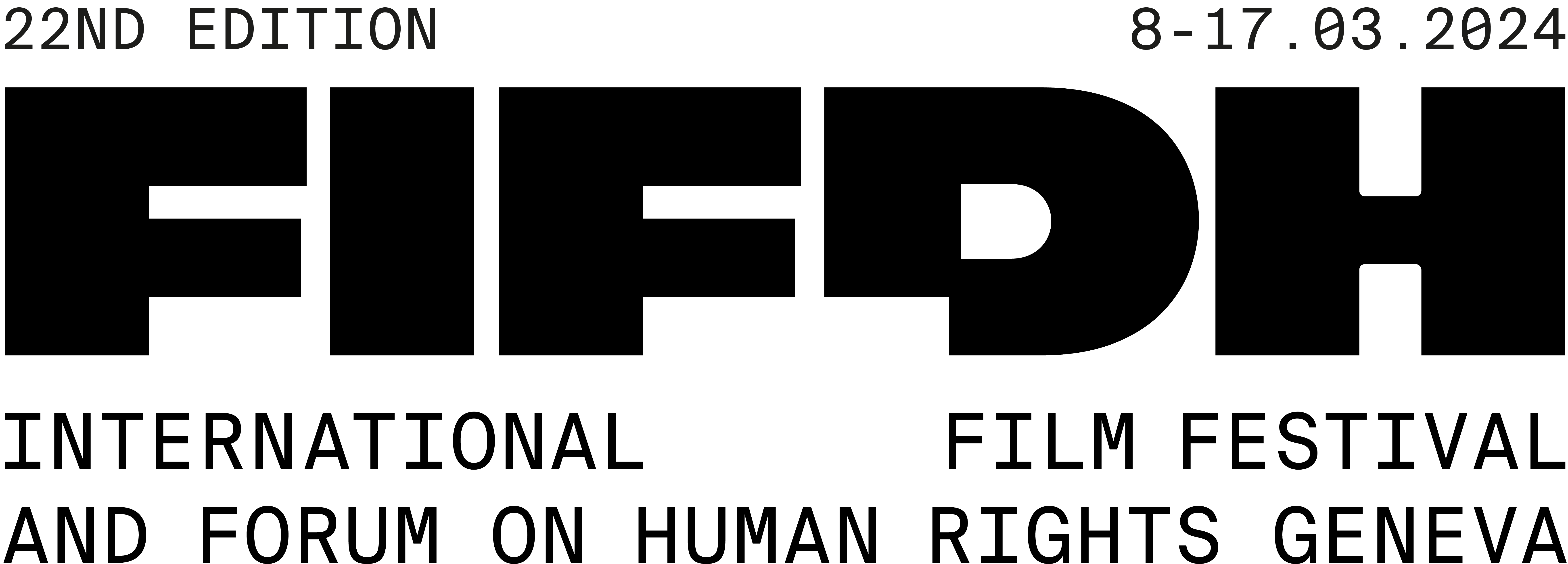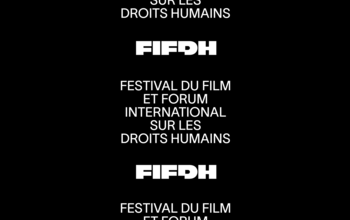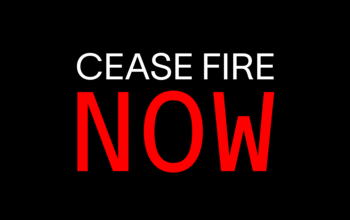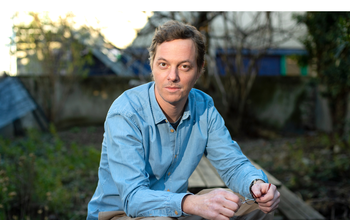Experiment, debate, unite!
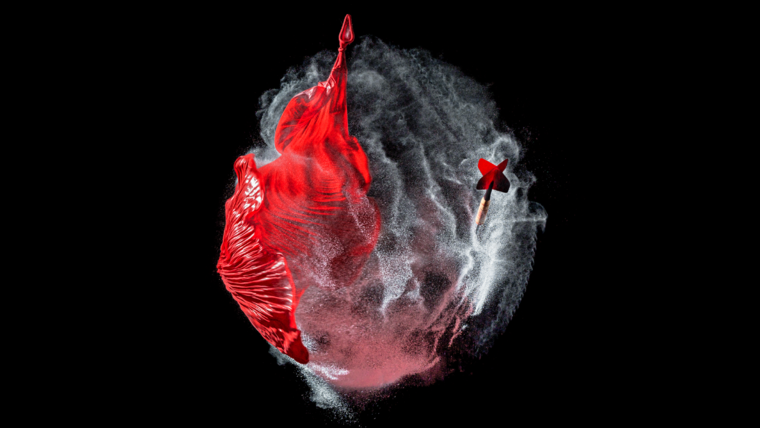
For its 19th edition, from 5 to 14 March 2021, the International Film Festival and Forum on Human Rights presents a reinvented programme, adapted to the health situation. A programme aimed at all audiences, mixing a selection of international films on VOD, major live events, original audio and video content, a radio programme and street performances. Guests include activist Angela Davis, writer Arundhati Roy, director Milo Rau, composer Max Richter, artist Ai Weiwei, filmmaker Oleg Sentsov, Black Lives Matter co-founder Patrisse Cullors and author Alain Damasio.
This will be the second time that the FIFDH team has had to deal with the pandemic. "This year, we have completely reshaped the Festival. We have imagined a full-scale experiment of what cinema and activism can be in times of pandemic. The 2021 edition of the FIFDH will be even more accessible and inclusive than the previous" explains Isabelle Gattiker, General and Programme Director.
Expanding into new channels and new spaces
The Festival is spreading online and across the city, opening up to new audiences and exploring new forms of participation. It is also becoming a media event: to extend the selection of 29 films to be seen online as well as the 17 debates broadcast live, the team has created 16 hours of original video and audio programmes with exclusive content. The FIFDH will be deployed on screens, on smartphones, on radio waves, in the streets of Geneva, on walls, in train stations, in University Hospitals and in classrooms. The fifdh.org platform becomes festival’s hub and brings together all of its content.
The Festival will invest audio media once again with a daily radio programme and the Utopia3 podcast series. A new section entitled Activist Voices has seen created in the form of video testimonies and a year-long Grande Traversée in written form and documented in images takes the public from Kinshasa to Geneva, in the footsteps of women as they invest the public space. The Festival will also offer two Masterclasses in partnership with the Universities of Art of Lausanne and Geneva.
Faced with the closure of cultural venues, the FIFDH is taking over the streets. On 6 March, a flag the size of a 10-storey building will be unfurled on the plaine de Plainpalais: We Are Watching, by Dan Acher, is a reminder of the public's expectations in the face of the climate emergency. From 8 March, Senegalese graffiti artist Zeinixx and two Geneva artists, Amikal and Nadia Seika, will create a giant wall fresco as part of Equality Week. Finally, the stations of the Léman Express will exhibit BLKNWS, a video creation by American artist Kahlil Joseph, presented as part of Mire, a project of the Fonds cantonal d'art contemporain.
At the heart of this edition: new audiences
The need to interact is sorely felt, and the FIFDH is exploring new forms of interaction. For the first time, spectators can award a Audience Award and are encouraged to ask questions and interact with our guests. The Geneva public is invited to contribute in a new daily radio programme, produced with Radio Vostok, entitled Comme un écho, a sound journey listening to Geneva in times of pandemic.
The Festival also sets out to meet new audiences and facilitate access to culture: more than 5000 beneficiaries of the Colis du cœur, many other associations and patients of the HUG will receive invitations to watch the festival films online for free. Several communes in the Greater Geneva area will also be offering invitations to their residents to discover the films online.
Share your experiences, meet each other, get involved!
The pandemic has shaken up our daily lives, upset our habits, our ways of thinking and even our prejudices and convictions. "In this great upheaval, we see the convulsions of a world that is reinventing itself. This year, we have chosen to take hold of that which offered hope for change" explains Boris Mabillard, in charge of the debates of the FIFDH.
The Festival will give a voice to members of the Belarusian opposition, who managed to destabilise the last dictatorship in Europe. It focuses on the future of the world of labour in a discussion between the sociologist Dominique Méda and the writer Erik Orsenna. It revisits the mobilization of anti-racist activists with Angela Davis and the co-founder of Black Lives Matter Patrisse Cullors. It welcomes Indian writer Arundhati Roy to talk about her fight against Hindu nationalism. The festival also focuses on technological issues, with a focus on the issue of space waste and a debate entitled Are algorithms sexist and racist?
Activists will be given the floor, whether they are fighting for the status of migrants, like Iranian journalist Behrouz Boochani or Spanish journalist Helena Maleno, or for the education of girls, like Zarifa Ghafari, one of the first female mayors in Afghanistan, at only 29 years old.
The FIFDH will also examine the pandemic from the point of view of individual freedoms. Federal Councillor Alain Berset will speak on this subject, as will the artist Ai Weiwei, on the Chinese response to Covid-19 following his film Coronation, presented in the Creative Documentary competition.
Swiss philosophers Dominique Bourg and Sophie Swaton will reflect on the notion of "commons", a compass for a way out of the environmental crisis. Science fiction is also in the spotlight in the presence of Alain Damasio.
Cinema, a tool for social change
"It's no longer just about depicting the world. It's about changing it." The FIFDH embraces this statement by the Swiss director Milo Rau. The Festival presents film discoveries, such as the European premiere of Shadow Game, by Eefje Blankevoort and Els van Driel (Impact Award at the FIFDH 2020), and the international premiere of Dear Future Children, dedicated to youth protests and directed by the youngest filmmaker presented in selection at the FIFDH, Franz Bohm, 21 years old.
This year's official selection includes films spotted at the biggest international festivals, in Cannes (Downstream to Kinshasa, by Dieudo Hamadi, Josep, the debut feature by cartoonist Aurel, Should the Wind Drop by Nora Martirosyan, shot in Nagorno-Karabakh), the Berlinale (Numbers, by Oleg Sentsov, My Name is Baghdad by Caru Alves de Souza), the Venice Mostra (Gianfranco Rosi's Notturno, Azra Deniz Okyay's award-winning Ghosts, Milo Rau's The New Gospel), Sundance (Shalini Kantayya's Coded Bias, Influence, by Richard Poplak and Diana Neille, Once upon a time in Venezuela, by Anabel Rodríguez Ríos), and the Amsterdam Festival (IDFA) for Alina Gorlova's This Rain will never stop. Another exceptional event: film editor Walter Murch, winner of three Oscars for his work on Apocalypse Now, The Godfather III and The English Patient, will discuss his new film, Coup 53, a four-handed creation with Iranian filmmaker Taghi Amirani.
Each film presented online will be followed by an episode of Action! a series of video interviews with the filmmakers about the meaning of their commitment, as well as audio material produced with the Festival's partners. The professional programme Impact Day brings together filmmakers, international organisations, NGOs and patrons of the arts in order to work on the financing and influence of committed cinema.
